A leading historian of World War I picks the best accounts of the war among the hundreds he's consulted in his research.
-
Summer 2019
Volume64Issue3
We asked Edward Lengel, a Contributing Editor of American Heritage, to chose his favorite memoirs of World War I and tell us a little about them. Mr. Lengel is the author of two acclaimed histories of that war, To Conquer Hell: The Meuse-Argonne, 1918 and Never in Finer Company: The Men of the Great War's Lost Battalion, and has compiled an annotated bibliography of hundreds of personal accounts of the war at World War I Memories. –The Editors
I first became interested in World War I almost thirty years ago, reading through the war’s great memoirs. They influenced my approach to military history, which is less about equipment and tactics than the human experience of warfare. (I was also inspired by the great British historian John Keegan’s seminal work, The Face of Battle.)
To me, one of the most fascinating aspects of World War I is how men and women with no frame of reference for understanding modern, industrialized warfare, faced and processed the intense experiences they underwent in 1914-1918.
Since beginning my almost obsessive jaunt through personal accounts of World War I, I have read hundreds of published and unpublished volumes of memoirs, diaries, and collected letters written by individuals from all over the world. Here are some of my favorites.
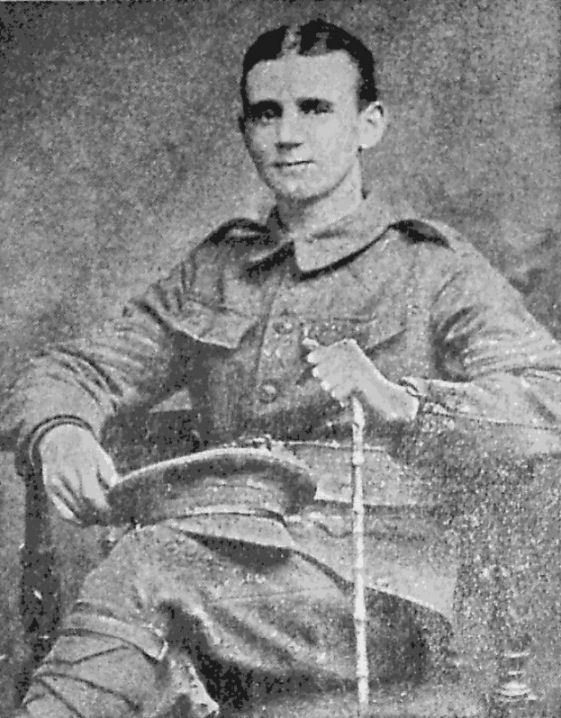
John Lucy: An Irishman finds “A Devil in the Drum”
“Forward He Went”
I keep coming back to one deeply personal and gently introspective account by a poor Irish boy who served with his brother in the British Expeditionary Force of 1914. That book, There’s A Devil in the Drum by John Lucy, published in 1938, stands #1 on my list of the top personal accounts of World War I.
In 1914, Ireland remained under British rule, but trembled on the brink of Civil War. It probably would have slid into internal chaos that year, thanks to the Home Rule Crisis, had not the outbreak of World War I intervened. For a time, most Irishmen – on the surface, anyway – stood side by side with the British in their determination to fight imperial Germany.
John Lucy didn’t care about politics, and he certainly had little interest in what Germany was up to in Belgium. Two years earlier, he and his brother had joined the British Army simply as a way to escape poverty in Cork, Ireland. By 1914, they were both members of the Royal Irish Rifles, and were among the first sent to France and then Belgium to resist the German invasion. John and Denis Lucy fought at Mons, Le Cateau, and all of the B.E.F.’s other major major battles in 1914. But only one of them made it out alive.
John Lucy never forgot the last time he saw his brother: “My brother’s platoon suddenly got the order, unheard by me, and up went the men on to the open grassland, led by their officer. Denis went ahead, abreast with this officer, too far in front of his section, I thought. He carried his rifle with the bayonet fixed threateningly at the high port, and presented a good picture of the young leader going into battle. I wished he had not gone so far forward.
“Not quite necessary for a lance-corporal. He was exposing himself unnecessarily and would be one of the first to be shot at. I raised myself high over the parapet of our cliff, and shouted at him: ‘Take care of yourself,’ and I blushed at such a display of anxiety in the presence of my comrades. My brother steadied a moment in a stride which was beginning to break into a steady run forward, and looking back over his shoulder, winked reassuringly at me. The beggar would wink.
“Forward he went, and out of my sight forever.”
A Way of Life
John Lucy never quite managed to leave the military life. After a long convalescence in 1916, he returned to the front in 1917, a commissioned officer, participating in Passchendaele and other battles, until he was severely wounded by a German grenade in December 1917.
Lucy remained in the British Army for several years after the war ended; but after a stint in Ireland as a businessman and journalist he rejoined the British Army in 1940 to see service in World War II. He attained the rank of lieutenant colonel before he passed away in 1962.

Siegfried Sassoon’s Memoirs of “George Sherston”
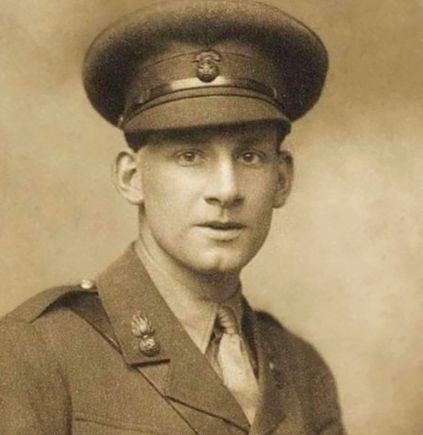
Siegfried Sassoon’s poetry and prose captures war’s personal cost in a way that no other writer of fiction or nonfiction ever managed. Informed by compassion, and laced with bitterness verging on despair, his testimony demands complete attention. The reader can not look away. Though Sassoon condemned the war–even as it took place, getting him in trouble with the British military authorities–his perspective remains tantalizingly ambiguous. So long as the war went on, he wanted to share it with his men, in or out of combat.
Sassoon’s slightly fictionalized memoir of World War I was published in three volumes: Memoirs of a Fox-Hunting Man (1928); Memoirs of an Infantry Officer (1930); and Sherston’s Progress (1936), under the collective title of, Memoirs of George Sherston. In that form it stands #2 on my list of the finest personal accounts of the First World War.
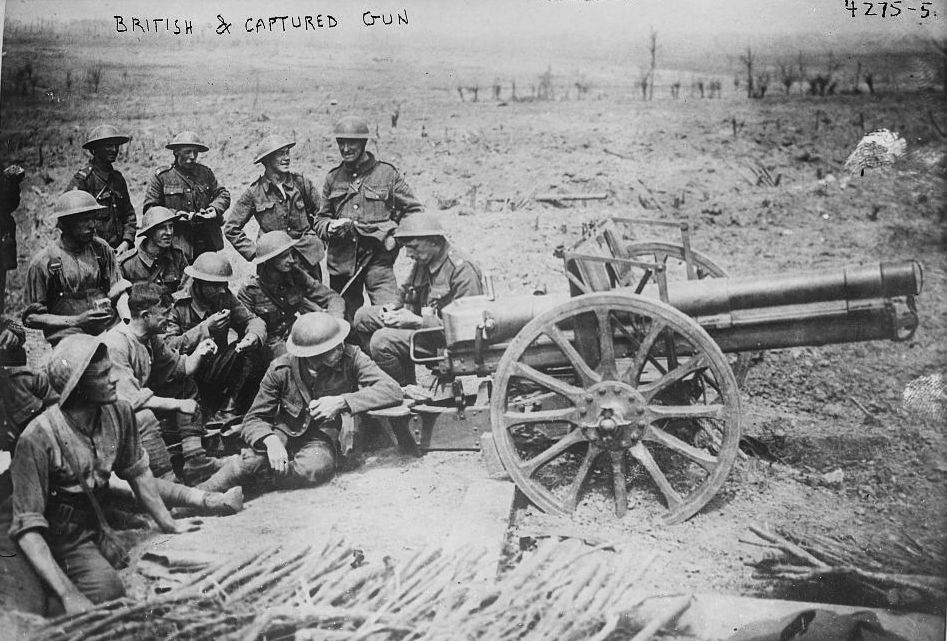
Heroism and Protest
Born to a moderately prosperous Kentish family in 1886, Sassoon attended Cambridge and by his own admission enjoyed a shallow and frivolous youth. He entered military service eagerly at the beginning of World War I, and eventually was commissioned a lieutenant in the Royal Welch Fusiliers.
At the front, Sassoon’s heroism was legendary. Danger drew him like a magnet, until he became known by the sobriquet of Mad Jack. Yet Sassoon did not, unlike German Ernst Jünger, value danger for its own sake. Totally devoted to his men, he seems to have sought action in a desperate attempt to do his personal best to bring the war closer to an end–or die trying.
For Sassoon loathed war. Instead of ignoring or sublimating its horrors, he drank them in with all of his senses, and then channeled them through his pen into some of the most searingly powerful war poetry ever written. In 1917, finally, Sassoon passionately and openly denounced the war in “A Soldier’s Declaration,” demanding its quick conclusion to prevent further wastage of human life.
Sassoon fully expected to be court-martialed for this act, and almost was; but the intervention of his friend, fellow poet and author Robert Graves, ensured that he was sent to be treated for alleged “shell-shock” at Craiglockhart Hospital, where he met and encouraged fellow troubled poet Wilfred Owen. Both men sought desperately to return to the front, and did; but while Owen was killed, Sassoon, despite his almost insane bravery, was wounded but survived to live a long postwar life.
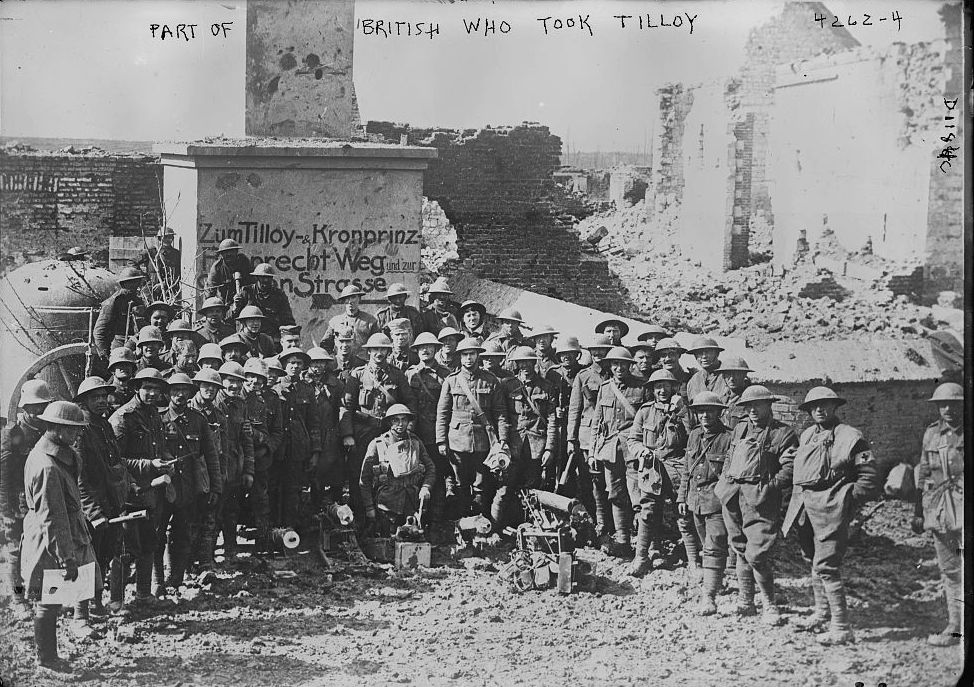
Remembrance
Despite the bitterness with which he had written about the war, and the psychic anguish from which he continued to suffer to the end of his life, Sassoon refused to politicize his experiences and opinions – in the process disappointing many of his friends. His Memoirs of George Sherston – the title character of course referring to Sassoon himself – represent the efforts of a highly sensitive artist to process and understand his feelings.
Ultimately, the tragedy of Sassoon’s account is tinged with self-deprecatory irony. Where Jünger thrilled to the perception of his own bravery, Sassoon – an equally brave man – described one moment where, as he described it, “after a short spell of being deflated and sorry for myself, I began to feel rabidly heroical again, but in a slightly different style, since I was now a wounded hero, with my arm in a superfluous sling. . . . I felt that I must make one more onslaught before I turned my back on the War, and my only idea was to collect all available ammunition and then renew the attack while the Stokes-gun officer put up an enthusiastic barrage. It did not occur to me that anything else was happening . . . except my own little show. My over-strained nerves had wrought me up to such a pitch of excitement that I was ready for any suicidal exploit. This convulsive energy might have been of some immediate value had there been any objective for it. But there was none; and before I had time to inaugurate anything rash and irrelevant [officer] Dunning arrived to relieve me. His air of competent unconcern sobered me down, but I was still inflamed with the offensive spirit and my impetuosity was only snuffed out by a written order from the Cameronian Colonel, who forbade any further advance owing to the attack having failed elsewhere. My ferocity fizzled out then.”
Now recognized as one of England’s finest poets, Siegfried Sassoon never quite managed to plumb war’s meaning – at least not to his own satisfaction – before his death in 1967.
Ernst Jünger’s Storm of Steel
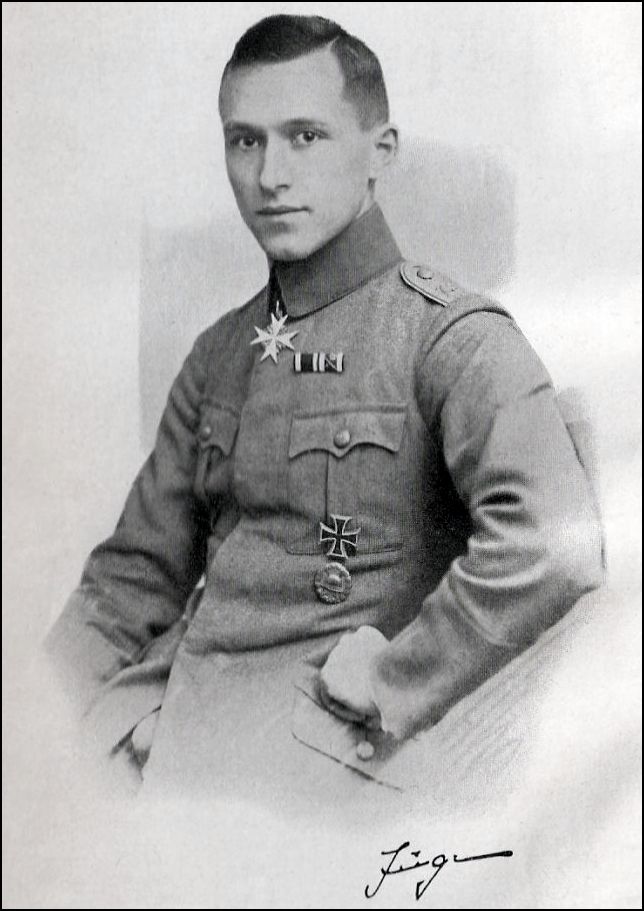
The best-known German account to emerge from World War I unquestionably is Erich Maria Remarque’s fictionalized All Quiet on the Western Front, which remains a staple in high school and college classrooms even today. The book was extremely influential in the interwar years–outside Germany. In Germany, a very different kind of book struck a chord with the public, particularly after Adolf Hitler’s rise to power in 1933. That book, Ernst Jünger’s In Stahlgewittern – published in English in 1929 as Storm of Steel – captured the feelings of many German veterans who remained proud of their wartime service and did not consider themselves to have been defeated on the battlefield.
This troubling but powerfully important memoir stands #3 on my list of the top ten best personal accounts of World War I.
A Soldier to the End
Born in Heidelberg in 1895, Jünger was attracted to war from his youth and joined the French Foreign Legion in 1913. His father managed to deflect any possible repercussions of this illegal act, and when World War I began in 1914 Jünger was able to join the German Army’s 73rd Hanoverian Infantry Regiment without difficulty.
Wounded for the first time in 1915, he was promoted to lieutenant later that year. From that point on, Jünger–unlike Remarque, who saw very little action–remained in the thick of the fighting until near the end of the war. During his service, he was wounded several times and also decorated repeatedly, eventually with the Pour le Mérite. His final, near-mortal wounding came in August 1918–searingly depicted in Storm of Steel.
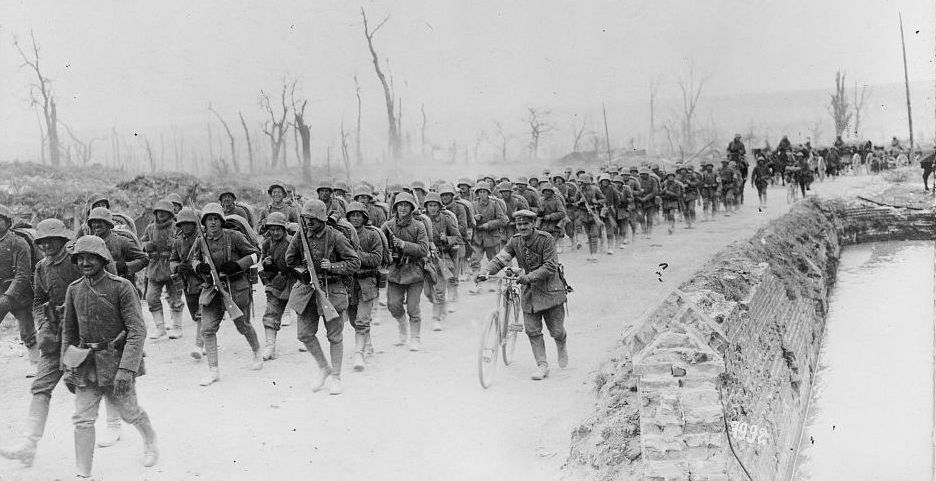
Jünger relished his time at the front, and especially in combat. Echoing the views of many advocates of the Futurist movement, he saw war as not only purifying but as a transcendental experience. The emotional impact of a night patrol appears in this excerpt from Storm of Steel:
“These moments of nocturnal prowling leave an indelible impression. Eyes and ears are tensed to the maximum, the rustling approach of strange feet in the tall grass is an unutterably menacing thing. Your breath comes in shallow bursts; you have to force yourself to stifle any panting or wheezing. There is a little mechanical click as the safety-catch of your pistol is taken off; the sound cuts straight through your nerves. Your teeth are grinding on the fuse-pin of the hand-grenade. The encounter will be short and murderous. You tremble with two contradictory impulses: the heightened awareness of the huntsmen, and the terror of the quarry. You are a world to yourself, saturated with the appalling aura of the savage landscape.”
Whither Germany?
Above all, though, Jünger was a conservative German nationalist. In Storm of Steel and his 1930 followup, Copse 125, he took pains to emphasize that German soldiers never gave up on victory but fought to the bitter end. This naturally endeared him to the Nazis, who eagerly propagated the self-justifying lie that weak and impure Germans–particularly leftists and Jews–had “stabbed Germany in the back” in 1918 and forced an end to the war.
But Jünger was no Nazi. He rebuffed numerous requests to endorse the National Socialists, and was probably put under surveillance by the Gestapo. Although he served as an army officer in World War II, he spent almost all of his time in Paris hobnobbing with French writers and intellectuals.
Yet Jünger, who died in 1998, left a troubling legacy. The contrast between his account and those of English authors like Siegfried Sassoon and Edmund Blunden is particularly stark given the fact that Jünger fought mostly against British troops, and more than once proudly described killing them in hand-to-hand combat. The fact that Storm of Steel remains one of the best-selling war memoirs in the English language today poses room for thought, if not concern.
More Tales of Men and Women at War
Ernst Jünger’s memoir, Storm of Steel, is among the thousands of World War I personal accounts listed in my annotated bibliography, World War I Memories. Other personal stories of men and women at war appear in my books To Conquer Hell: The Meuse-Argonne, 1918 and Never in Finer Company.

